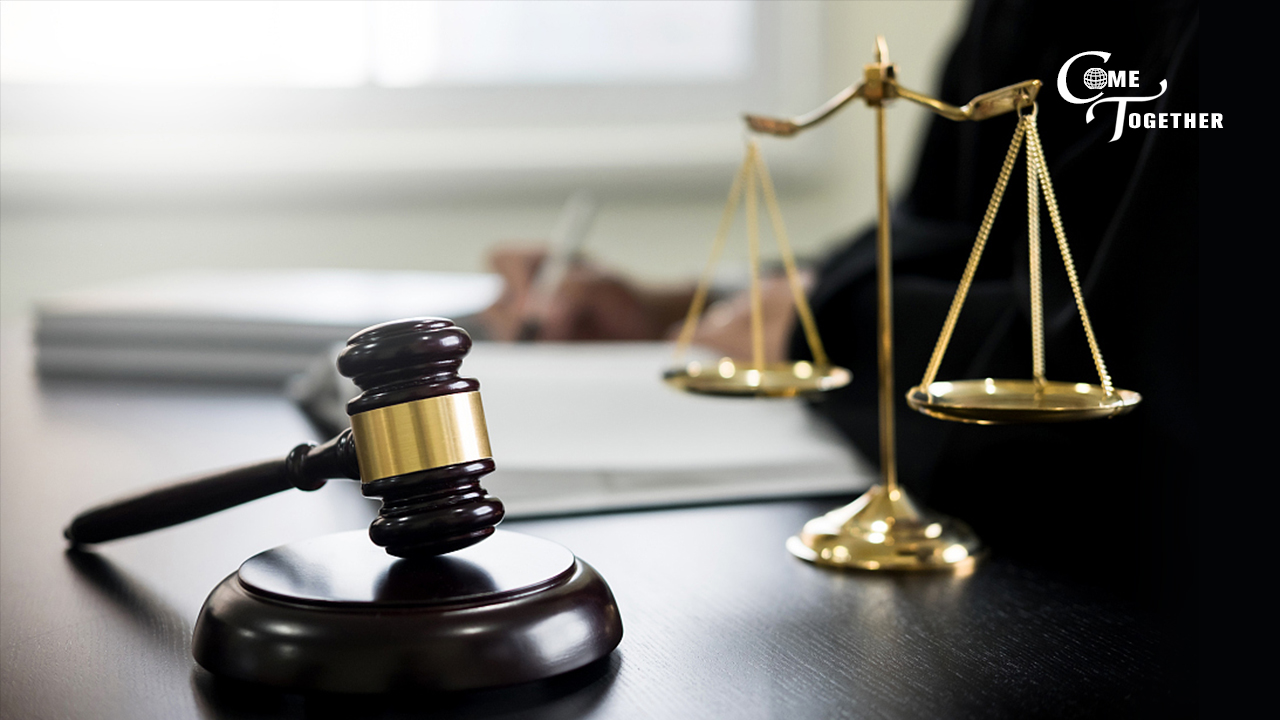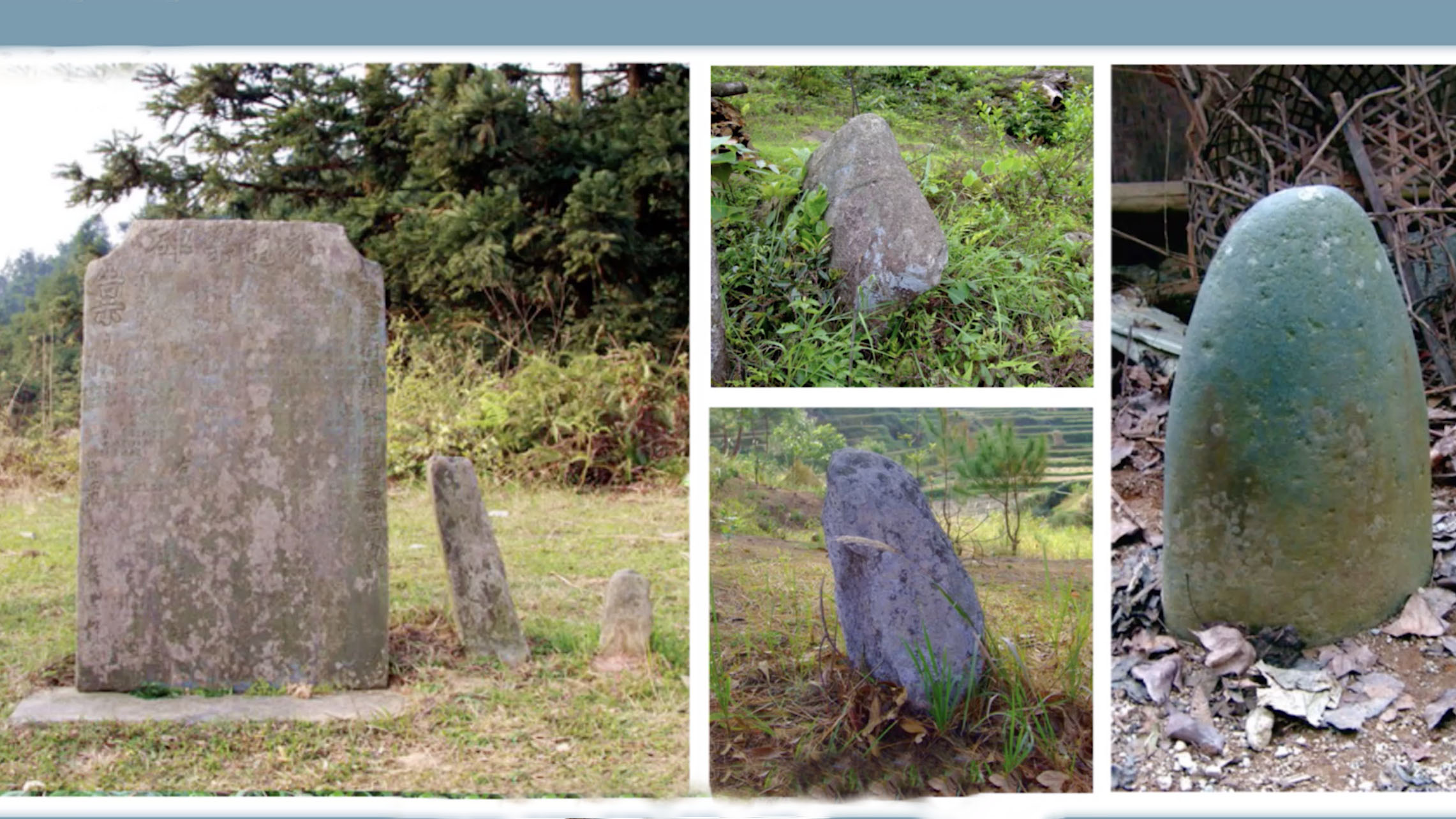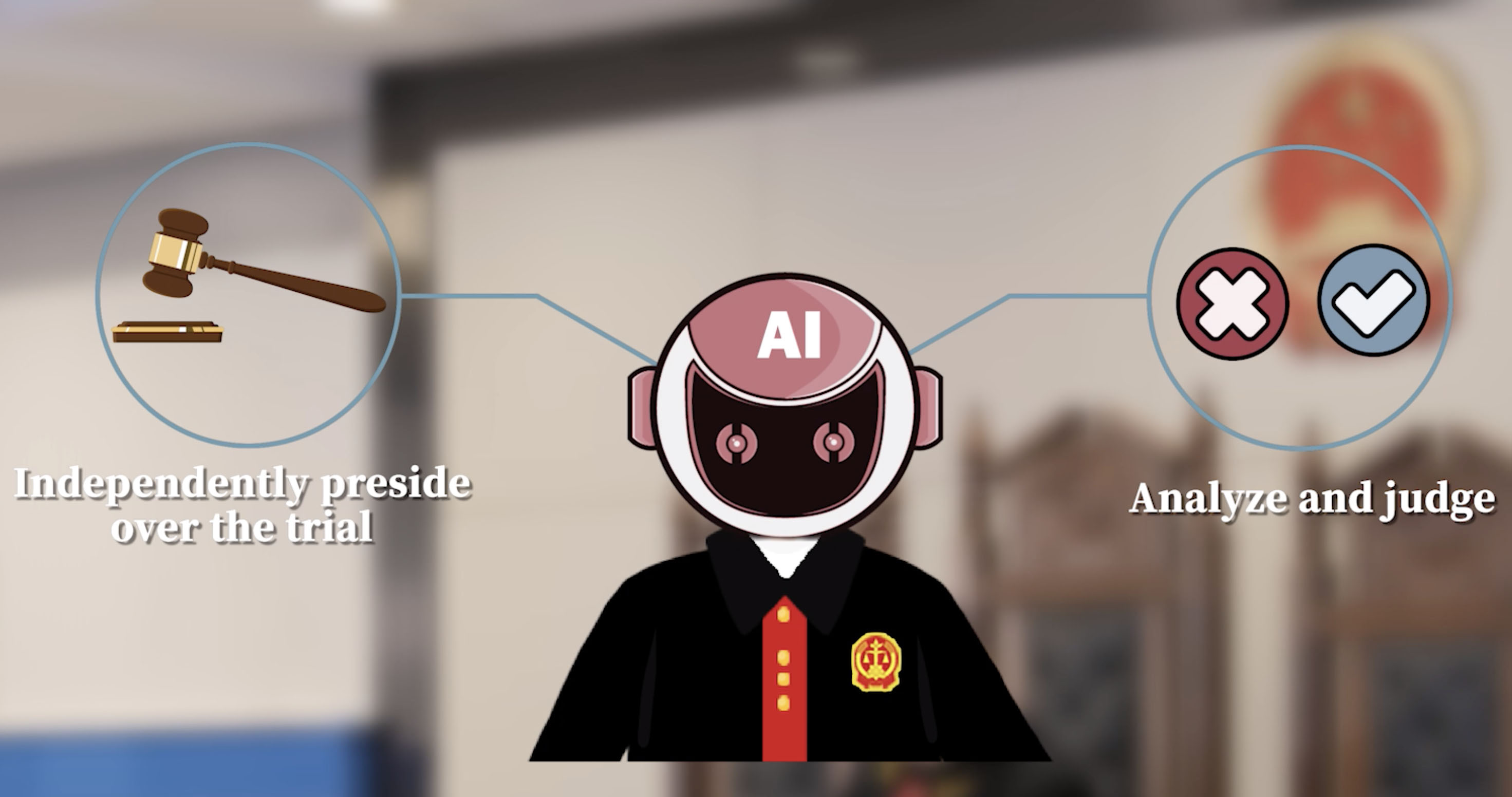11:55

According to the latest World Bank Group flagship report, Doing Business 2020, China has topped the world in terms of the quality of its judicial process.
In 2019, the number of registered criminal cases in China dropped by 4.1 percent. The caseload in eight categories of serious violent crimes also fell by 10.3 percent, making China one of the safest countries in the world.
On the world stage, China continues to improve and develop its legal system and actively follow and safeguard international norms and laws in its drive for shared benefits and win-win cooperation worldwide.

Members of China's Miao ethnic group buried stones at land dispute sites to establish township regulations and resolve disputes. /CGTN
Members of China's Miao ethnic group buried stones at land dispute sites to establish township regulations and resolve disputes. /CGTN
China has come a long way to earn its much-admired image as one of the world's safest countries. A long time ago, members of China's Miao ethnic group buried stones at land dispute sites to establish township regulations and resolve disputes.
In doing so, people in that community became endowed with the authority of the regulations, similar to the Code of Hammurabi of ancient Babylon.
Hundreds of years have passed, and China has not wavered from its path toward establishing a respectable and applicable legal system.
In 1986, to popularize the law among the general public, China launched a five-year plan for public legal education.
About 700 million citizens took part in the first five-year program and received education in legal knowledge. This is just one of the examples of how China empowers people with legal tools.
In recent years, public legal education has evolved along with the modern society, with legal governance being promoted via various channels, including new media platforms like WeChat and Weibo, as well as TV dramas and animations.

In April 2019, the world's first AI judge assistant formally reported for duty in Hangzhou Internet Court. /CGTN
In April 2019, the world's first AI judge assistant formally reported for duty in Hangzhou Internet Court. /CGTN
Chinese courts are also utilizing new technology, such as big data, cloud computing, AI and blockchain, to actively promote internet courts.
In April 2019, the world's first AI judge assistant formally reported for duty in Hangzhou Internet Court.
It's able to hear, analyze and reason cases independently, and judges only need to monitor the progress backstage, which allows them to monitor multiple cases simultaneously and increase trial efficiency.
A white paper on Chinese Courts and Internet Judiciary reveals that, by October 31, 2019, internet courts in Hangzhou, Beijing and Guangzhou have handled nearly 120,000 cases, taking an average of only 45 minutes per case. The courts also have a median trial period of about 38 days and are twice as efficient as the traditional model.
A modernizing, internationalizing and law-governed country must heed the rules to create a fair and efficient environment. To do so, China will uphold and improve the socialist, political and legal work systems with Chinese characteristics, comprehensively improve the modernization of political and legal work, and build a higher level of rule of law in China.